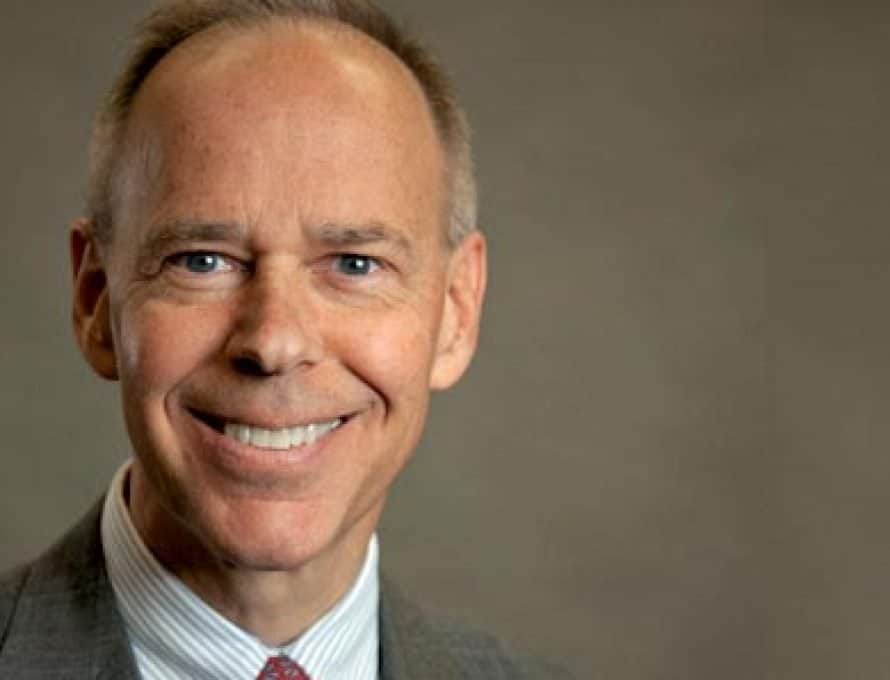This is the 13th in a series of articles on the Trinity, excerpted from “What Every Christian Should Know About the Trinity,” available by contacting the MBC or through Amazon and other booksellers.
There is little dispute among professing Christians that our Heavenly Father is God. This is true even among the most prominent forms of counterfeit Christianity.
For example, Jehovah’s Witnesses believe in the deity and personhood of Jehovah, whom they identify as the Father, even though they deny the doctrine of the Trinity and embrace unbiblical views about Jesus and the Holy Spirit. Members of the Church of Jesus Christ of Latter-day Saints profess belief in Heavenly Father, or Elohim, whom they worship as the god of this world, although he is one of a multitude of gods and potential gods.
These doctrinal distinctions highlight the importance of defending historic Christianity. If we fail to understand the Father correctly, and if we miss the clear teachings of Scripture with respect to His relationship with the other members of the Godhead, then the biblical doctrines of creation, redemption, and restoration suffer as well.
As Robert Morey writes, “The notion that all religions worship the Father just under different names is an idea totally foreign and antithetical to the Bible. Only the Trinitarian can truly worship God the Father because only the Trinitarian worships the Son and the Holy Spirit.”
The deity of the Father
It’s important to note while the Father is a person, He is not human. First, the Bible explicitly denies that the Father is a man. The Old Testament prophet Balaam – a scoundrel who prophesied for hire – nevertheless spoke the truth concerning God’s unchanging decrees when he said, “God is not a man, that he might lie, or a son of man, that he might change his mind. Does he speak and not act, or promise and not fulfill?” (Num. 23:19).
On another occasion, the prophet Samuel informs Saul that the Lord has torn away the kingship of Israel from Saul and given it to David. “Furthermore,” he says, “the Eternal one of Israel does not lie or change his mind, for he is not man who changes his mind” (1 Sam. 15:29). Other Old Testament passages make similar claims (Job 9:32; Isa. 31:3; Hosea 11:9).
In the New Testament, when Peter declares Jesus the Christ, the Son of the living God, Jesus says to the disciple, “Blessed are you, Simon son of Jonah, because flesh and blood did not reveal this to you, but my Father in heaven” (Matt. 16:17). No human being revealed the truth to Peter. It was the Father in heaven.
Not only does the Bible clearly deny the humanity of the Father; it affirms His divine, eternal nature as spirit. Jesus tells the Samaritan woman at the well that “an hour is coming, and is now here, when the true worshipers will worship the Father in Spirit and in truth. Yes, the Father wants such people to worship him. God is spirit, and those who worship him must worship in Spirit and in truth” (John 4:23-24).
When the Bible tells us that no one has seen God, it is a reference to the Father, who is spirit (John 1:18; 4:24). The apostle Paul declares that Jesus is “the image of the invisible God” (Col. 1:15). The writer of Hebrews describes Jesus as “the radiance [or reflection] of God’s glory and the exact expression of his nature” (Heb. 1:3). Jesus puts it more plainly when He tells Philip, “The one who has seen me has seen the Father” (John 14:9).
To summarize: The Father is a divine, eternal, non-human person who is immortal and invisible.
Next: The Fatherhood of God

